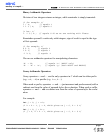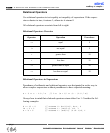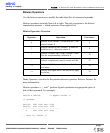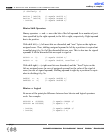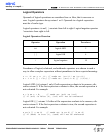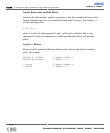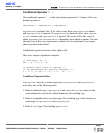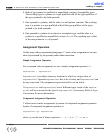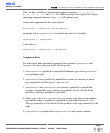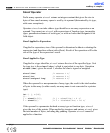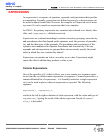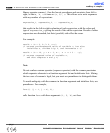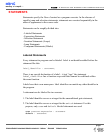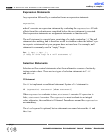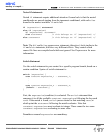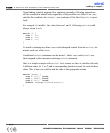
Thus, we have 10 different compound assignment operators: +=, -=, *=, /=,
%=, &=, |=, ^=, <<=, and >>=. All of these associate from right to left. Spaces
separating compound operators (e.g. + =) will generate error.
Compound assignment has the same effect as
expression1
=
expression1 op expression2
except the lvalue
expression1
is evaluated only once. For example,
expression1
+=
expression2
is the same as
expression1
=
expression1
+
expression2
Assignment Rules
For both simple and compound assignment, the operands
expression1
and
expression2
must obey one of the following rules:
1.
expression1
is a qualified or unqualified arithmetic type and
expression2
is an arithmetic type.
2.
expression1
has a qualified or unqualified version of a structure or union
type compatible with the type of
expression2
.
3.
expression1
and
expression2
are pointers to qualified or unqualified
versions of compatible types, and the type pointed to by the left has all the
qualifiers of the type pointed to by the right.
4. Either
expression1
or
expression2
is a pointer to an object or incomplete
type and the other is a pointer to a qualified or unqualified version of void.
The type pointed to by the left has all the qualifiers of the type pointed to by the
right.
5.
expression1
is a pointer and
expression2
is a null pointer constant.
MikroElektronika:
Development
tools
-
Books
-
Compilers
11 1
page
mikroC
- C Compiler for Microchip PIC microcontrollers
mikroC
making it simple...



